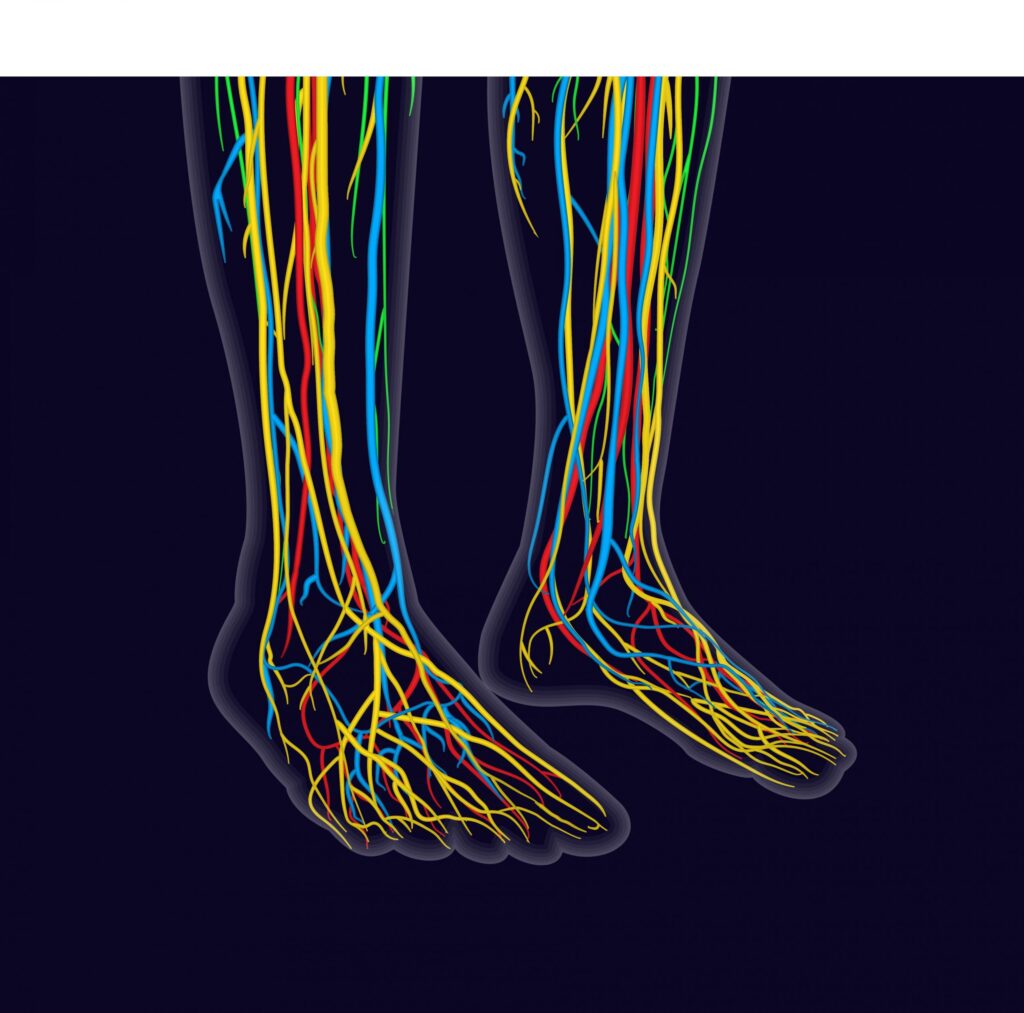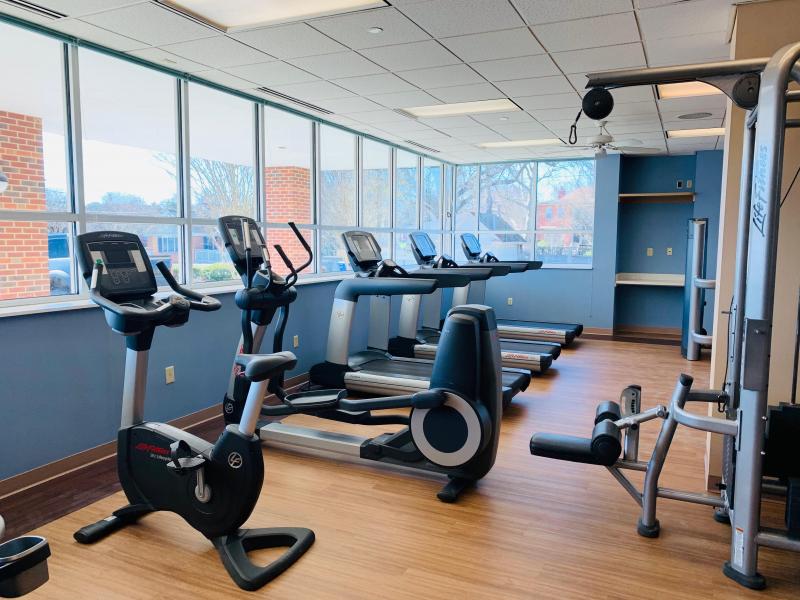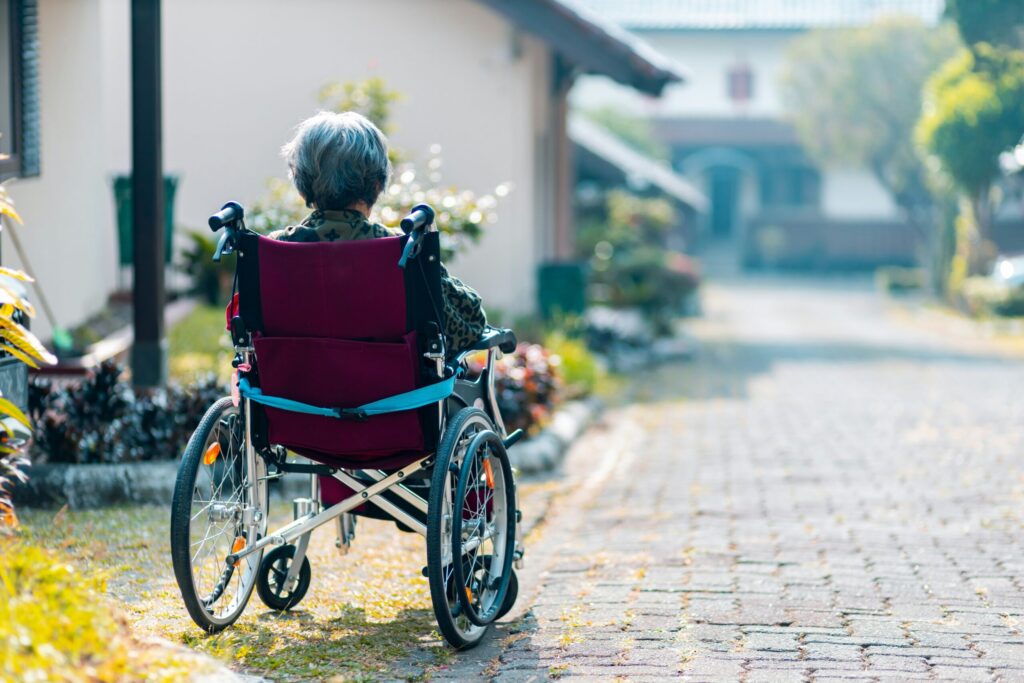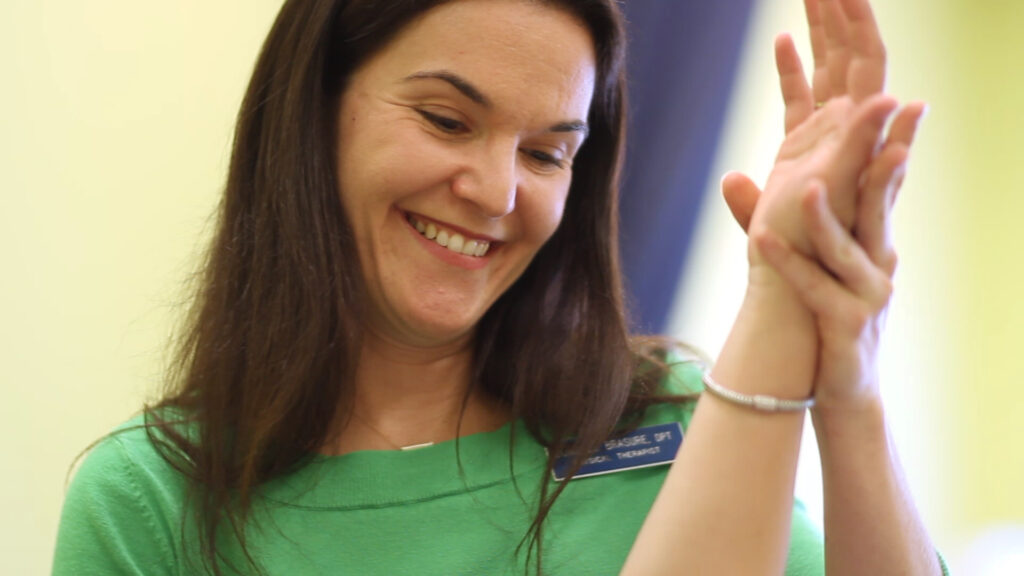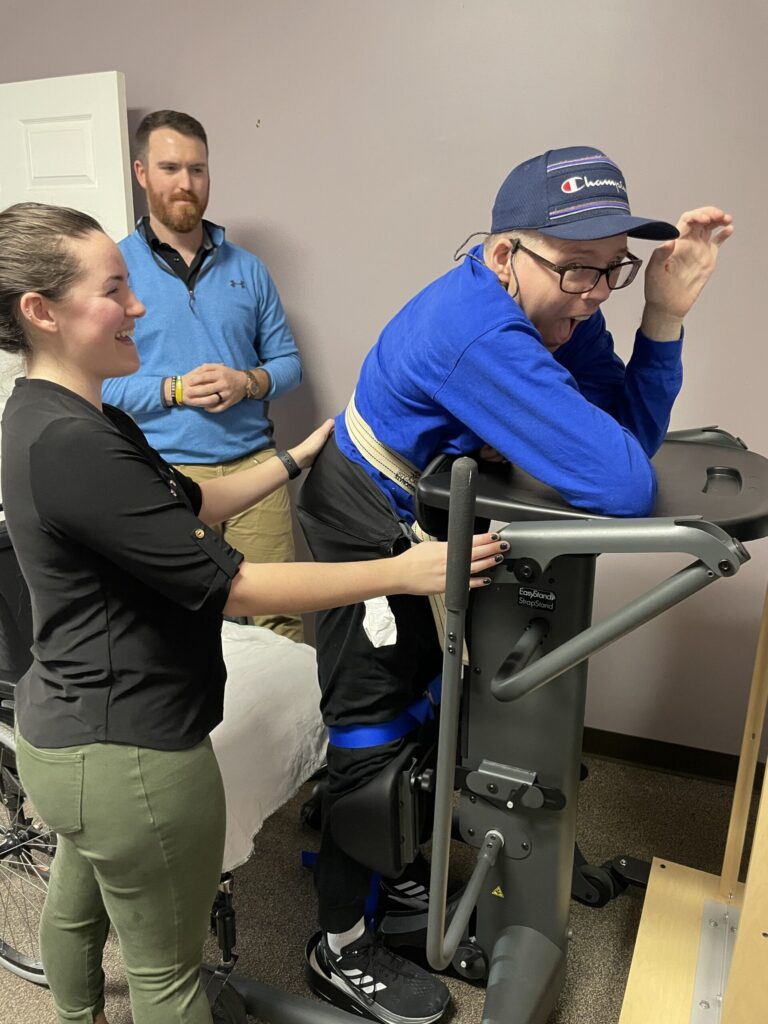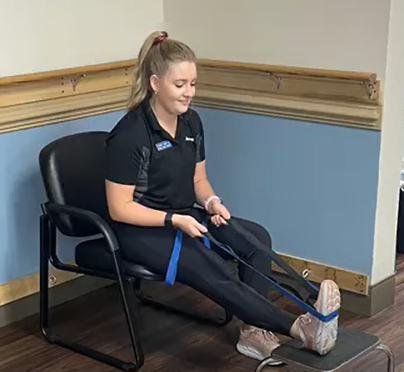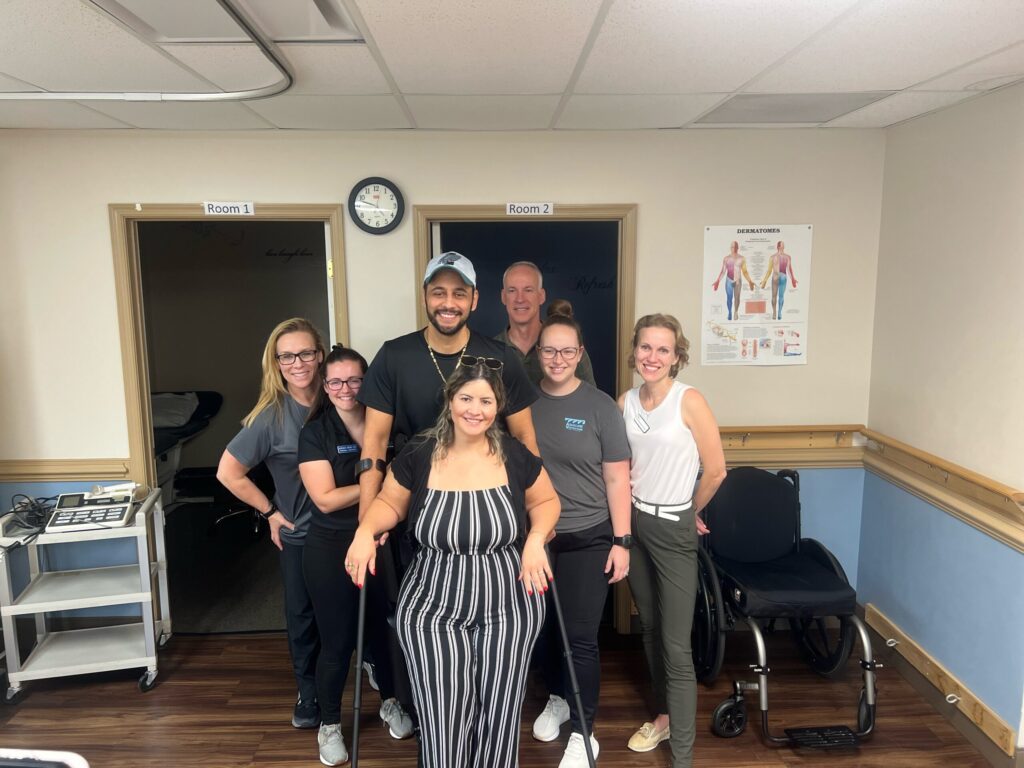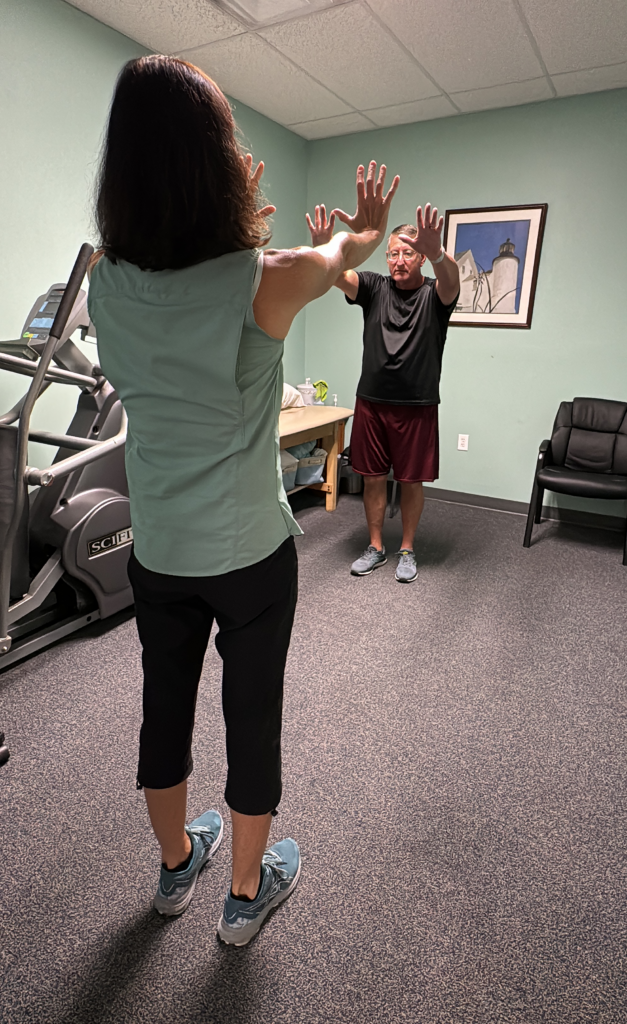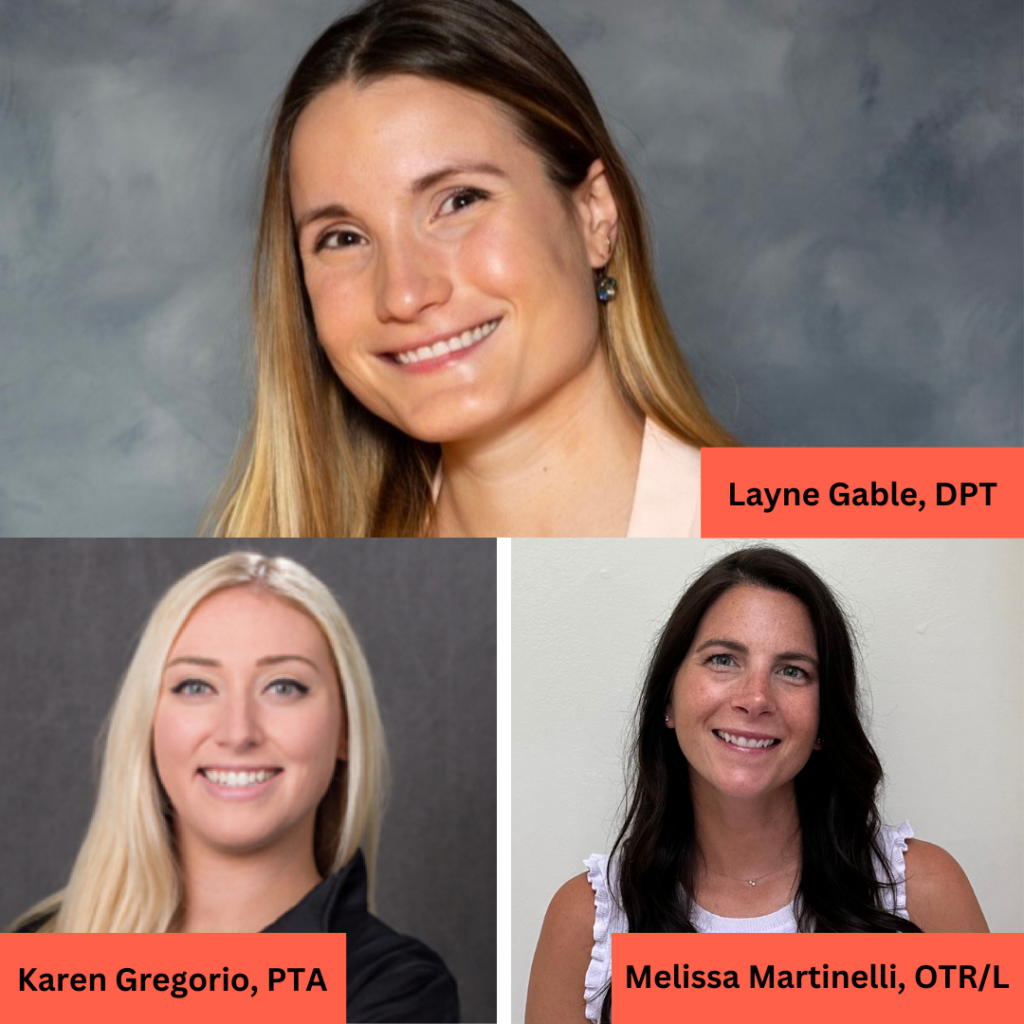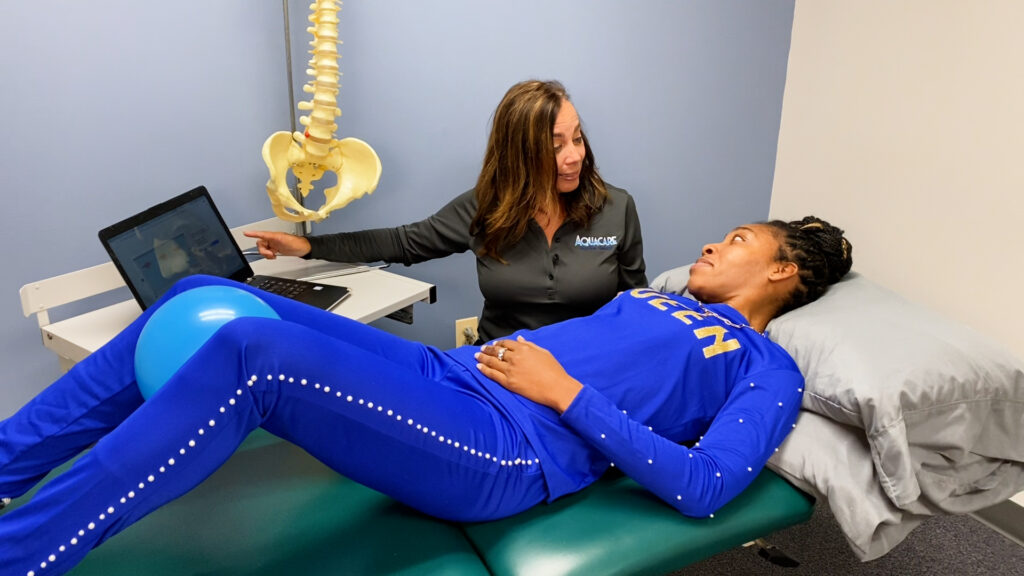
Parkinson’s Disease- “She Didn’t Ask For This”

We knew something was wrong. Mom was depressed, slow moving and showed no facial expression. It wasn’t until she developed a slight tremor in her left hand, that her primary care doctor sent her to a neurologist who diagnosed her with Parkinson’s disease.
We read the informational flyers from the doctor, but our real education came from day to day experience.
Dad had passed 2 years prior to mom’s diagnosis and she was struggling living alone in their 3-story home. It was decided that mom would live with my husband and me. Mom’s Parkinson’s progressed slowly, and we were able to just coast for 10+ years with use of Carbidopa/Levodopa and an antidepressant which brightened mom’s mood and improved her mobility. She maintained her mental sharpness and continued to drive and participate in exercise 2 x weekly and attend the senior center for lunch and BINGO.
Regular visits to the neurologist resulted in occasional changes to dosage of medication. The decline came slowly. Safety bars and commodes were added to her bedroom and over the toilet to allow her arm rests to grab when sitting or standing. She gave up driving and needed a walker to help with balance. My role as caregiver evolved along with her decline. I had to develop a mantra when mom was having difficulty buttoning her blouse, feeding herself or just walking to the bathroom. “She didn’t ask for this.”
Being a caregiver will introduce you to your true self. I didn’t always like what I saw in myself: lack of patience, irritation when I had to cancel or postpone plans, the time it took to manage her meds and her increasing doctors’ appointments. Sometimes, I was just tired.
It was easy to have pity parties. Then I realized these emotions are normal and not to allow them to consume me.
I always came back to: “She didn’t ask for this” and perhaps someday, someone will be caring for me. This always seemed to increase my patience and compassion.
Some things I learned:
- Keep to a schedule of meals and medication times. This plays a role in the effectiveness of the medication
- Exercise slows the progression of the symptoms. Cannot emphasize the importance of this enough
- Find an LSVT BIG certified physical therapist (this is an excellent program) Visit LSVTglobal.org
- Find an LSVT LOUD speech therapist to help with voice volume and swallowing.
- Use adaptive equipment, commodes, safety bars, ramps, walker, hospital bed as needed
- Buy clothes/shoes that your loved one can manage
- Good hydration is very important. As mom’s ability to walk declined, she would not drink water as it was difficult to get to the bathroom. This resulted in UTIs which resulted in hospitalizations
- Good sleep is very important. Talk to your neurologist about this.
- Parkinson’s Disease effects motility of the bowels. Talk to your primary care doctor about this.
- Find a support group. For your loved one and for you.
- Remember when you are frustrated…He/She didn’t ask for this.
Mom lived with Parkinson’s Disease for 18 years and was walking with her walker right up to 2 weeks before she passed. She maintained her mental clarity up to the end. Caregiving is challenging, but I have no regrets.
Written by Pamela Kline- PTA /LSVT Certified Therapist at Aquacare Physical Therapy in Lewes Delaware.

